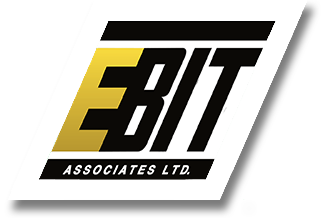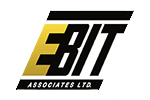Having a signed letter of intent can be a good feeling. It may seem like everything is moving along just fine, but you still need to complete the due diligence process. The decision to finalize the deal happens during the due diligence process. A lot depends on what is discovered during this important process.
Due diligence is very comprehensive. This is when deals often fall apart. Before getting started, it is important that you meet with key people such as accountants, lawyers and appraisers.
Here are some items that both sellers and buyers should have on their respective checklists.
Industry Structure
Determine the percentage of sales by product line. Also, take the time to review product warranties and pricing policies. Check against industry guidelines.
Human Resources
Evaluate your key people and determine what kind of employee turnover is likely.
Manufacturing
If you have a manufacturing business, evaluate every aspect of the manufacturing process. How old is the equipment? Is the facility efficient? Who are your key suppliers? How reliable will those suppliers be in the future? What is the equipment worth?
Trademarks, Patents and Copyrights
Trademarks, patents and copyrights can be the key assets of a business. They are intangible assets. It is important to know if they will transfer with the sale.
Operations
Operations is very important. Evaluate all current financial statements and compare those statements to the budget. Also, check all incoming sales and analyze the backlog and the prospects for future sales.
Environmental Issues
Environmental issues can be very problematic and are often overlooked. Issues such as asbestos, lead paint and water contamination can all lead to time-consuming and costly fixes.
Marketing
Make a list of your major customers. Have a sales breakdown by region. If you can, compare your company’s market share with that of your competition.
The Balance Sheet
Accounts receivable will want to check for who is paying and who isn’t. If there is bad debt, it is vital to find that debt. Check inventory for work-in-progress as well as finished goods. Document non-usable inventory, the policy for returns and the policy for write-offs.
It is vital that you understand what is for sale, what is not for sale and what the sale includes when selling or buying a business. Understanding the company’s competitive advantage, what employee agreements and supplier agreements are in place, will help ensure a smooth transition. During the due diligence process, many important questions must be answered. Working with EBIT helps to ensure that none of these vital questions get overlooked.


